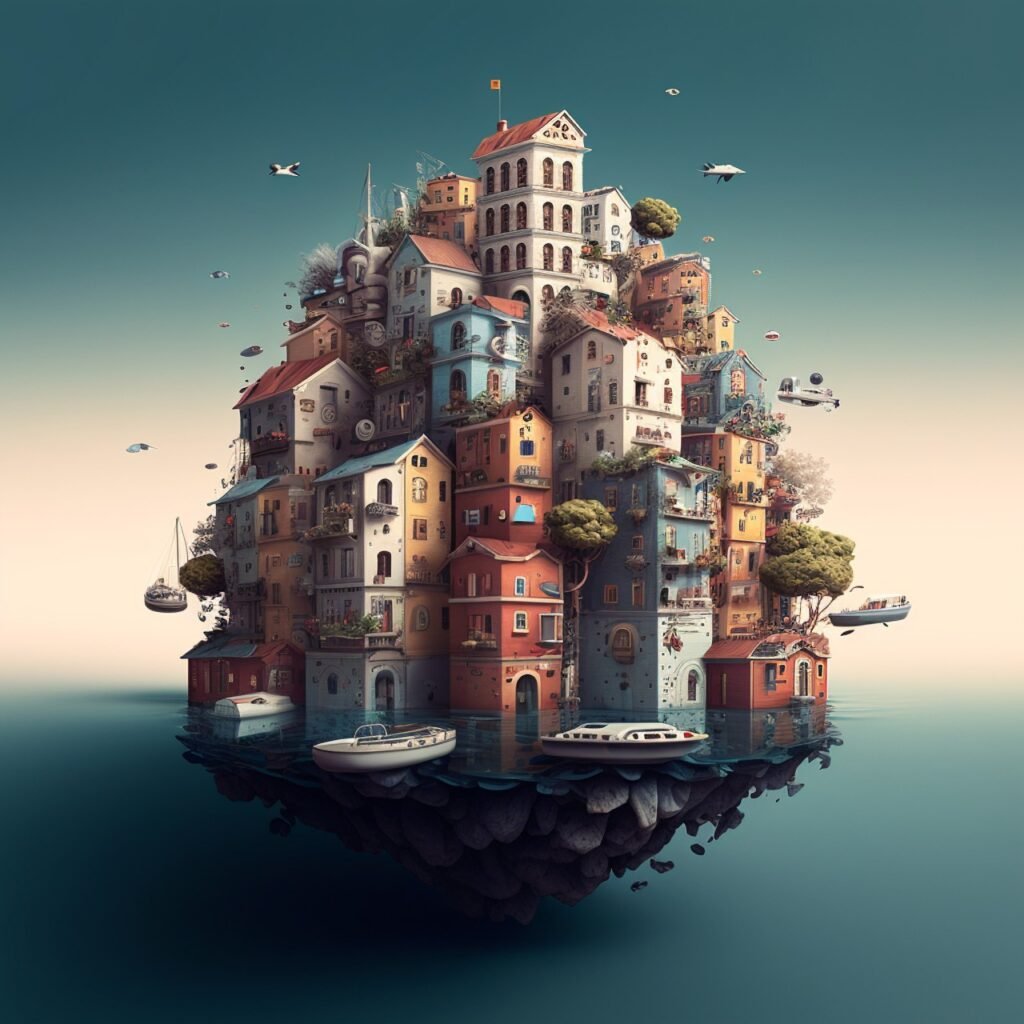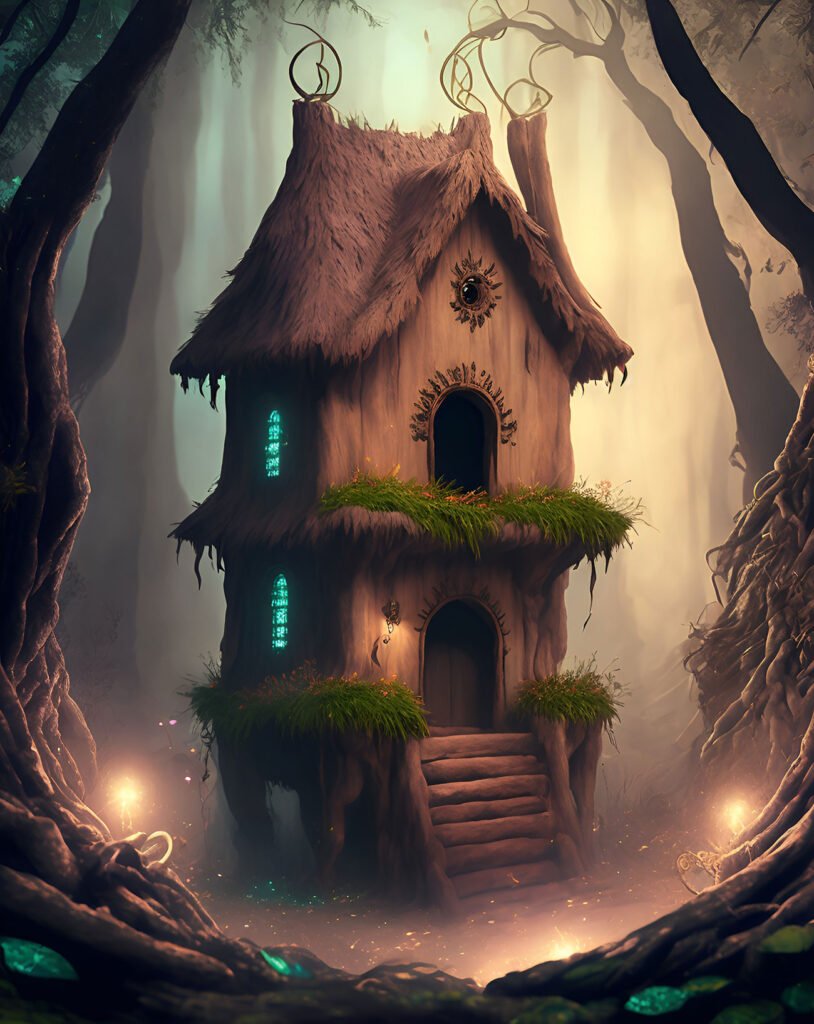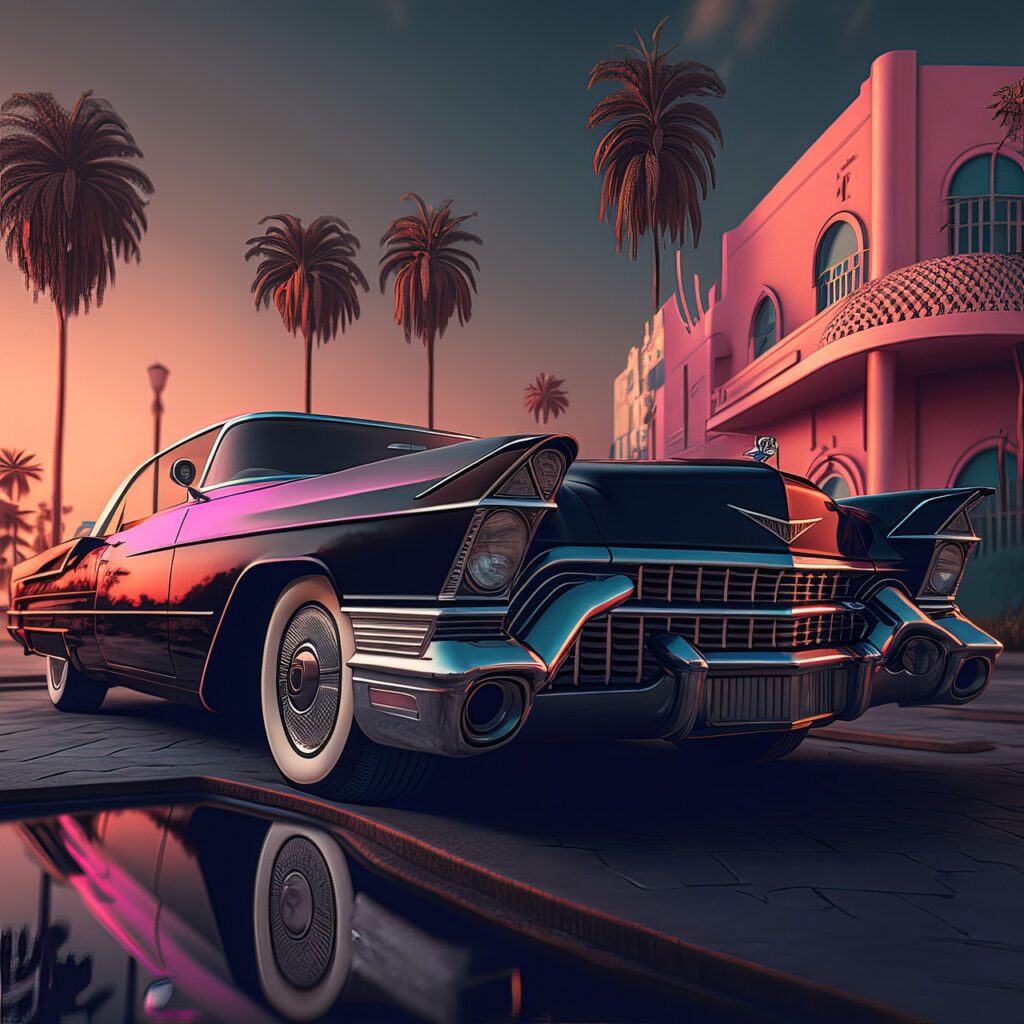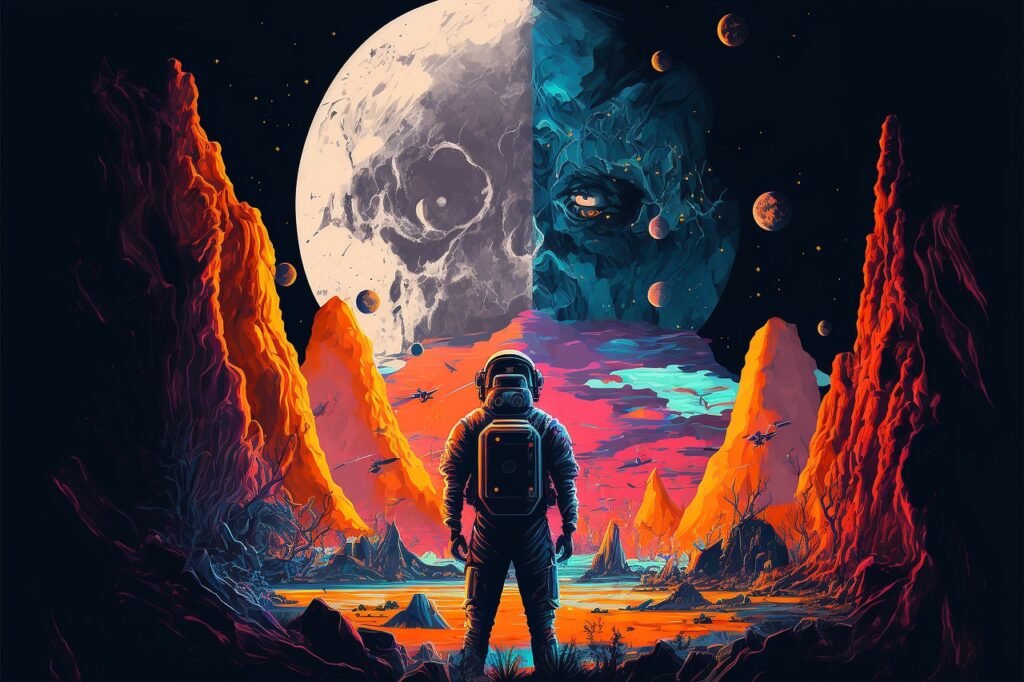Health Care Roulette
art our lives creatively confident, happy to create and share our work with pride. And then, as we age, our comfort with creative expression declines. We’re discouraged by the learning curve of creative skills and tools, by our tendency to compare ourselves to others, and by the harsh opinions of critics. As Picasso famously quipped, “All children are born artists, the problem is to remain an artist as we grow up.”
Well, we’re entering an era that changes everything. A few critical technology breakthroughs and fundamentally more accessible platforms are changing everything. From free web-based tools with templates that help conquer the fear of the blank screen to powerful generative artificial intelligence that conjures up anything from a text prompt, expressing yourself creatively no longer requires climbing creativity’s notoriously steep learning curve.
Most of those who have succeeded in life can trace their success back to the essential education they obtained from parents, teachers and/ or friends.
T-Ralph Olaniyi
People from communities of color are underrepresented in publishing. Our books make up less than six percent of the titles released each year, and that’s despite a century of fighting against the gatekeepers. The results of this systematic exclusion are clear: we are also elided from the national conversation, starting in elementary school. Those who live in this country are trained by textbooks, libraries, classrooms, TV, and cinema to see US life as almost exclusively white.
The Death of Creativity’s Learning Curve

Welcome to an era in which the friction between an idea, and creatively expressing that idea, is removed. Whether it is as an image, an essay, an animated story, or even a video, you can simply talk about what you see in your mind’s eye.
“But that’s not real creativity!” some may exclaim. Until now, “creativity” has conflated both the generation of ideas and the process involved to express those ideas. Michelangelo, for instance, believed that each stone has a statue inside it and the sculptor discovers it by chipping away. Most artists today can’t afford 13 human assistants, but they use other tools to reduce the laborious parts of creativity, including AI-powered shortcuts, component libraries for product designers, templates, and now generative AI. This latest breakthrough has elicited both fanfare and fear because of its ability to conjure up an original piece of media based solely on a text prompt.
Of course, behind the scenes, the machine learning engines that drive AI creation were trained using millions of pieces of content from real artists, many of whom never consented to have their work used in that way. To correct this, I anticipate a series of regulations, evolutions in copyright law, new walled gardens and token-gated portfolio experiences, and new compensation models for artists that opt-in and/or allow the use of their style for GenerativeAI purposes.
Welcoming & Adapting to Ubiquitous Creative Confidence
As the expression of ideas becomes exponentially easier, the ideas themselves become more of the differentiator (yes, I think “Prompt Engineering” will become a discipline in and of itself!). Good ideas aren’t derived solely from logic and patterns of the past; they’re also the product of human traumas, mistakes of the eye, and uniquely human ingenuity. I am excited about AI, but I am ultimately long on creativity (aka humanity).



Much like every sport’s top athletes improve every generation, so should creatives. I would argue that AI is like some breakthrough new racket or sneaker — it almost unfairly elevates the game for every player and allows the very best to advance the game itself. Revolutionary tennis rackets and string technology allowed any weekend player to hit shots they never would have been capable of before. But it didn’t turn them into Rafa Nadal or Roger Federer. People with extraordinary talent, dedication, and fortitude will always stand out.















